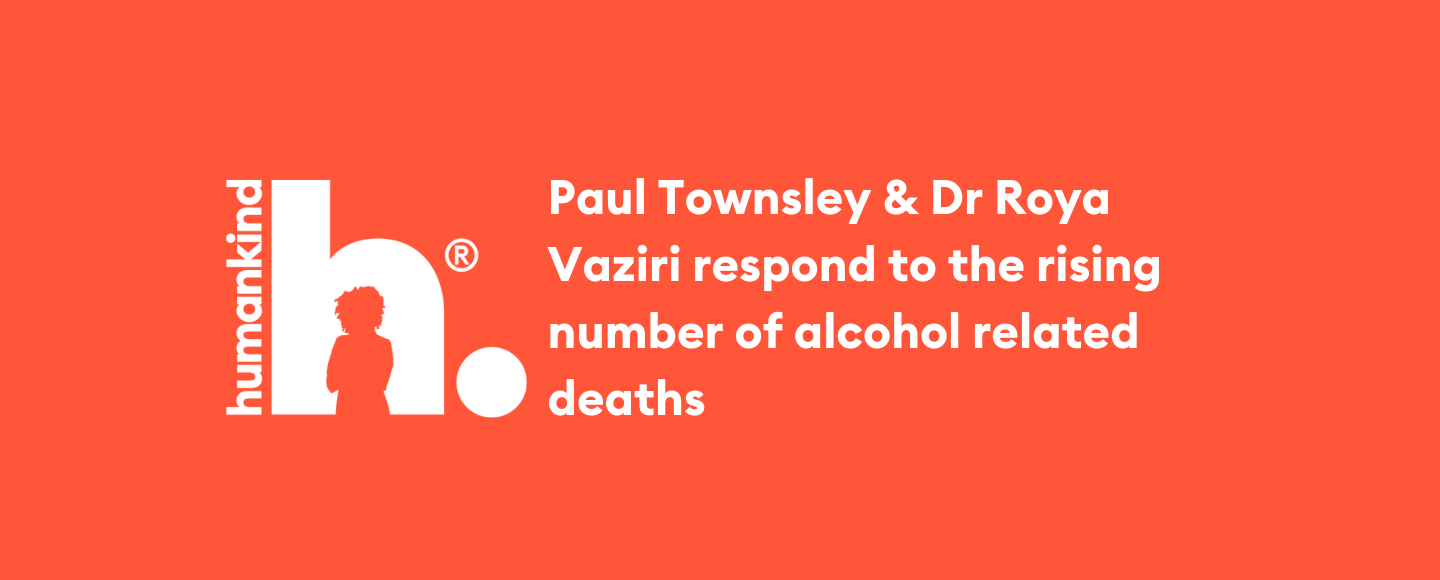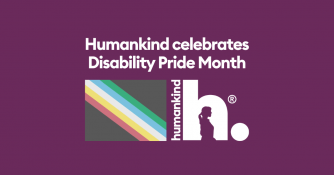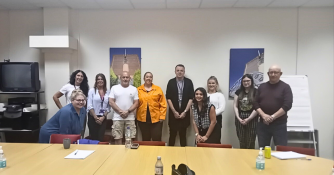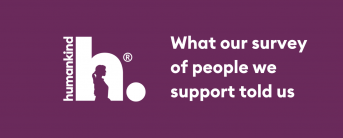
The ONS today published new statistics showing the number of people who died due to diseases known to be a direct consequence of alcohol use. The main points from the statistics are:
- In 2021, there were 9,641 deaths (14.8 per 100,000 people) from alcohol-specific causes registered in the UK, the highest number on record.
- The number recorded in 2021 was 7.4% higher than in 2020 (8,974 deaths; 14.0 per 100,000) and 27.4% higher than in 2019 (7,565 deaths; 11.8 per 100,000), the last pre-coronavirus (COVID-19) pandemic year.
- For the eighth consecutive year, the North East had the highest rate of any English region (20.4 deaths per 100,000 people).
- The rate of alcohol-specific deaths for males in 2021 remained around double the rate for females (20.1 and 9.9 deaths per 100,000 people, respectively).
Paul Townsley, Chef Executive Officer at Humankind, said:
“It is a tragedy that 9,641 people in the UK died due to alcohol during 2021. We must remember the heartbreak that each one of these lives lost will have caused for families, friends, and communities across the country.
“Today’s figures show a 27.4% rise in alcohol related deaths since 2019. Alcohol is responsible for more deaths than any other drug in the UK and this represents a genuine public health emergency. Action should be taken now.
“Lockdowns during the COVID-19 pandemic led people already drinking at hazardous levels to drink even more. Most of these deaths are attributed to alcohol related liver diseases, resulting from sustained levels of risky alcohol use over many years. We know that if these levels of alcohol use persist, alcohol related diseases and deaths will only continue to rise.
“Our staff and services responded quickly and flexibly to the pandemic to ensure that the people we support could still access the interventions that they needed. Despite this, we know that lockdowns caused fewer people to come forward for support and treatment, and this will be a contributing factor towards higher rates of deaths in 2020 and 2021.
“Geographic disparities and socio-economic disparities are also clear for all to see. If you live in the North East, North West and Yorkshire and Humber, you are more likely to die as a result of alcohol related diseases than people living in the South.
“People from higher socio-economic groups drink more alcohol on average but are significantly less likely to suffer the consequences to health than those from the most deprived communities. This needs to change.
“Even more worryingly, we know that alcohol is linked to seven forms of cancer. The ONS statistics however do not consider any type of death from cancer to be associated with alcohol use, so the number of people who have died as a result of alcohol harm could be considerably higher.
“We need the Government to commission an independent review on alcohol harm, much like Dame Carol Black’s independent review of drugs. We are already seeing the positive developments brought about by the drug strategy and it is important to gain parity for alcohol. This review would be an effective way of understanding the true impact of alcohol on our society. It could also provide targeted recommendations to reduce current and future harms.
“We also fully support the Alcohol Health Alliance’s call for minimum unit pricing and alcohol duty – which the World Health Organization identifies as being one of the most effective ways of tackling alcohol-related harm – to rise in line with inflation. In addition, there must be a far higher level of restrictions on alcohol marketing and product labelling.
“From everyone at Humankind, I want to reiterate our deepest condolences to anyone affected by the 9,641 tragic deaths which occurred during 2021. We will redouble efforts ensuring that high quality and evidence-based support for alcohol is available across the communities we support. We will continue to work across our sector to raise standards and reduce these preventable deaths, but we need the Government to join us in this shared endeavour.”
Dr Roya Vaziri, Executive Medical Director at Humankind, said:
“Our experiences from the frontline show that people who use alcohol who have significant mental and physical health needs do not have those needs satisfactorily met by the wider health and social care system.
“With collaborative working between community drug and alcohol services, social care services, and their speciality colleagues, it is my hope that we will see a reduction in alcohol related deaths in the years to come.
“This can start with people currently working in clinical leadership roles coming together and appraising what is working in their system. Current methods of co-producing change alongside people with lived experience will ultimately create a system response that will have the greatest impact.
“We know that many health and social care services across the UK are not built for the purpose of supporting people with their alcohol use as the emphasis is primarily placed on drug treatment. Led by our Director of Nursing, Stacey Smith, in consultation with the people we support, Humankind has subsequently undertaken extensive research and development to set new minimum standards for alcohol interventions across our services.
“These standards are wide ranging in scope and include work on increasing community detoxes, reducing stigma, creating more welcoming and accessible service environments, improving our pathways with other health and criminal justice services, providing more brief and extended interventions, working with the families of people who access our services for their alcohol use, and improving our digital support offer.
“I am proud to be working on the NICE quality standards on alcohol use disorders, due for publication in 2023, which will provide a focus the on the areas of care that will have maximum impact for our communities.
“I am also grateful to Humankind for allowing me to take time out to be part of a consultation on the UK Alcohol National Clinical Guidelines. Together with a vast range of experts across the UK, we have pulled together the best evidence practice to support clinical services and the people we work with.
“A continuation of this collaborative work to specifically design services for people who use alcohol is key to our collective aim to reducing the rates of alcohol related deaths in the coming years. I believe the evidence of success for these early steps will be clear in the near future.”









